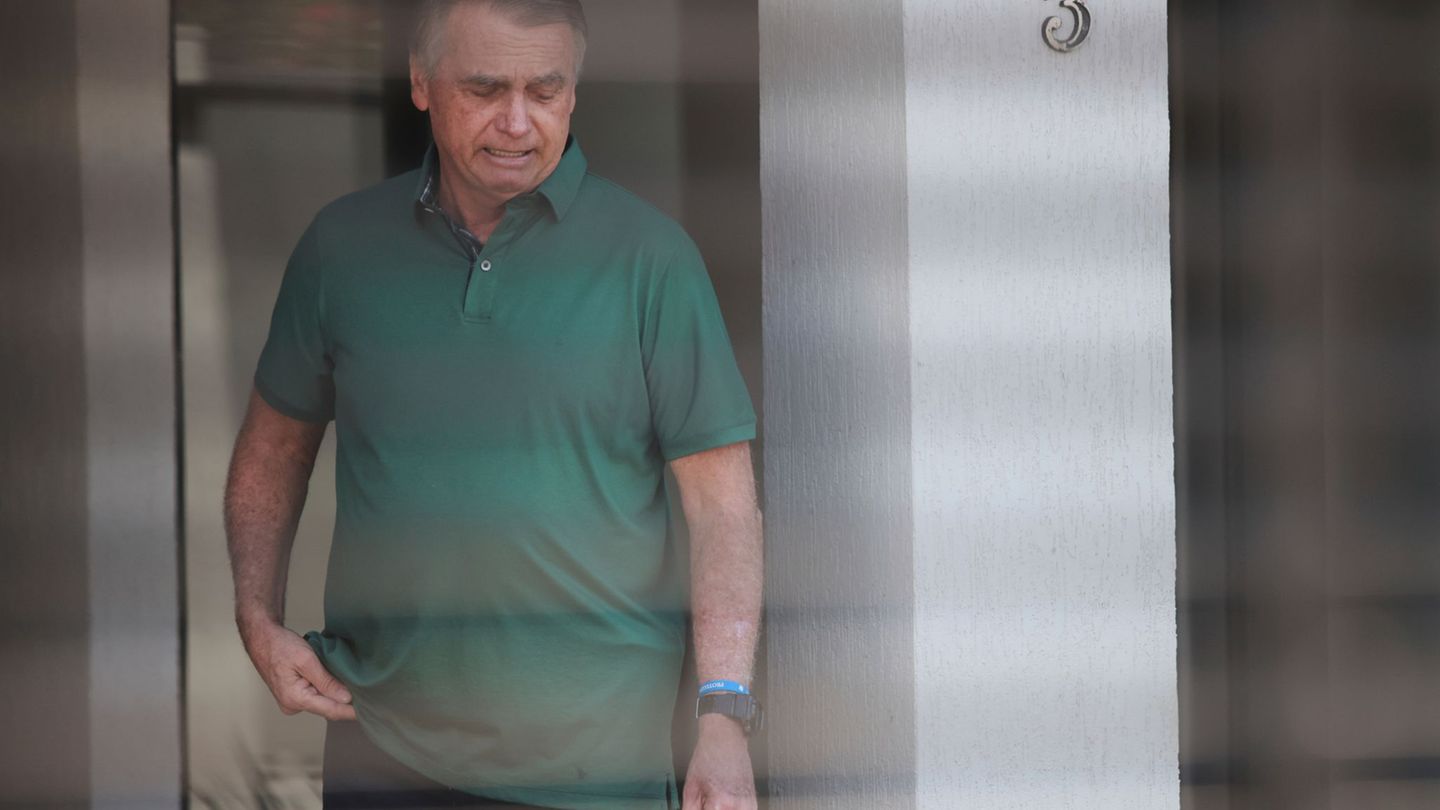I have been working in the news industry for over 6 years, first as a reporter and now as an editor. I have covered politics extensively, and my work has appeared in major newspapers and online news outlets around the world. In addition to my writing, I also contribute regularly to 24 Hours World.
Menu
Historical judgment: Brazil: Bolsonaro sentenced to more than 27 years in prison
Categories
Most Read
Russian-Ukrainian War: Ukraine attacks Russian industrial plants in the Ural area
October 3, 2025
No Comments
Anglican Church: Church of England makes a woman a spiritual head
October 3, 2025
No Comments
Capital relocation: Iran’s president is pushing at the move of the capital Tehran
October 3, 2025
No Comments
Military service reform: Union faction stops new law on military service
October 3, 2025
No Comments
German unity: Survey shows East-West split even after 35 years
October 3, 2025
No Comments
Latest Posts

This is the bank that pays more interests this Friday, October 3
October 3, 2025
No Comments
October 3, 2025 – 10:56 The banks adjusted the rates of the fixed deadlines in the middle of the new measures of the Central Bank

Israel intercepts a new vessel of the humanitarian flotilla and begins to deport its occupants
October 3, 2025
No Comments
The Israeli army intercepted the last ship of the Global Sumud flotilla, an international mission that sought to break the Maritime block over Gaza To

Bitcoin exceeded US $120,000 and cryptocurrencies bet on a “uptober”
October 3, 2025
No Comments
October 3, 2025 – 10:08 The crypto market started with strength and the leading digital currency reached its highest peak since August. The operators trust
24 Hours Worlds is a comprehensive source of instant world current affairs, offering up-to-the-minute coverage of breaking news and events from around the globe. With a team of experienced journalists and experts on hand 24/7.

